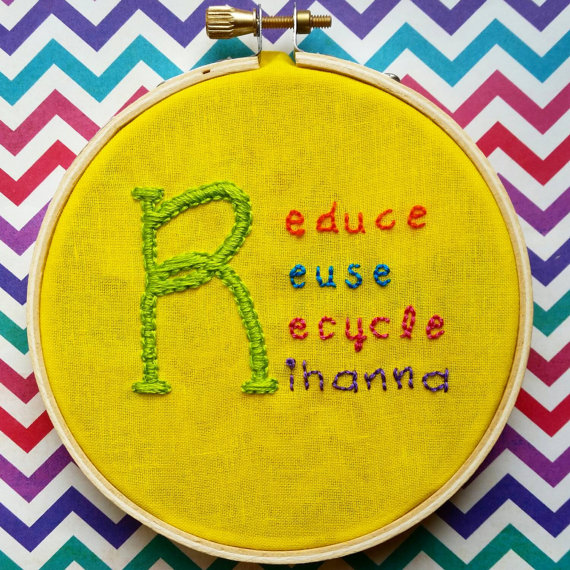When you have product that needs protection and containment during shipping, display, and at point-of-sale, have a look at molded pulp manufacturers. The folks at http://moldedfiberpak.com/ have several options from which to choose, depending on your objectives and requirements.

The Ins and Outs of Molded Fiber
Fiber-based containers come in three forms – the traditional, egg-carton style, as well as after-pressed fiber and thermoformed fiber. Each one has a different application, but they all convey an environmentally-friendly message to the consumer.
When you are looking for molded pulp manufacturers, look for one that provides options of the three different types of processing. The type two traditional type starts with water and fiber from newsprint, corrugated cardboard and other forms of fiber. These are combined into what can best be described as a large blender to create a paper “slurry”. From there, the slurry is pumped to the forming station, where the liquid is forced through a molded screen, trapping the fibers. The water is recycled, and the formed fibers are transferred to a controlled drying environment. When removed from the oven and removed from the screen mold, it is ready to use. This is popular for heavy materials and parts.
The type two pressed traditional process available from molded pulp manufacturers begins the same way as the traditional; however, at the end of the forming and drying stage, the form is transferred to an automated pressing station. From here, the packaging comes out of the pressing station with a more pleasing, smootherand aesthetic surface appearance.
The third type of packaging available from molded pulp packaging suppliers is the type three thermoformed process. This also begins with a slurry and forced pumping onto screen molds. Now trapped on the molded screen, the fibers are pressed into polished molds made in the exact shape of the product they are to contain. The name comes from the final process, when heat and pressure are applied to remove the water from the fibers. These containers also come out of the oven ready to use.
Molded Fiber and the Environment
When considering molded pulp packaging suppliers, keep in mind the impact your packaging will have on the environment. Using a manufacturer based in the United States is a plus. Also look for fiber that is FSC certified and uses no additives or binding agents. FSC stands for Forest Stewardship Council. With this seal of approval, your consumers will know that your packaging is made with fibers that come from FSC-certified forests or post-consumer waste products. Certification comes either as 100 percent, FSC mix, or FSC recycled. An FSC label means that your packaging is certified as having come from environmentally appropriate harvesting, has been obtained while respecting the rights of workers, communities and indigenous people from the harvest area and has been obtained in a manner that is economically viable.
Protect your product with environmentally-friendly packaging. Convey to your suppliers and/or consumers that your company cares enough about being “green” to use pulp fiber packaging that is both recyclable and biodegradable. For one of the FSC certified, environmentally conscious molded pulp packaging suppliers, go to http://moldedfiberpak.com/.

